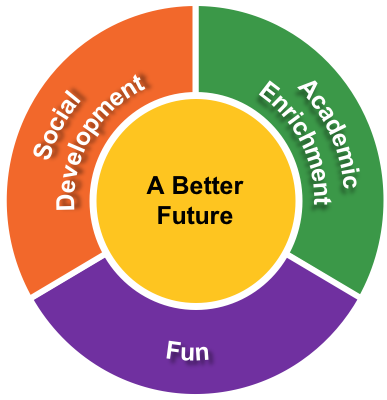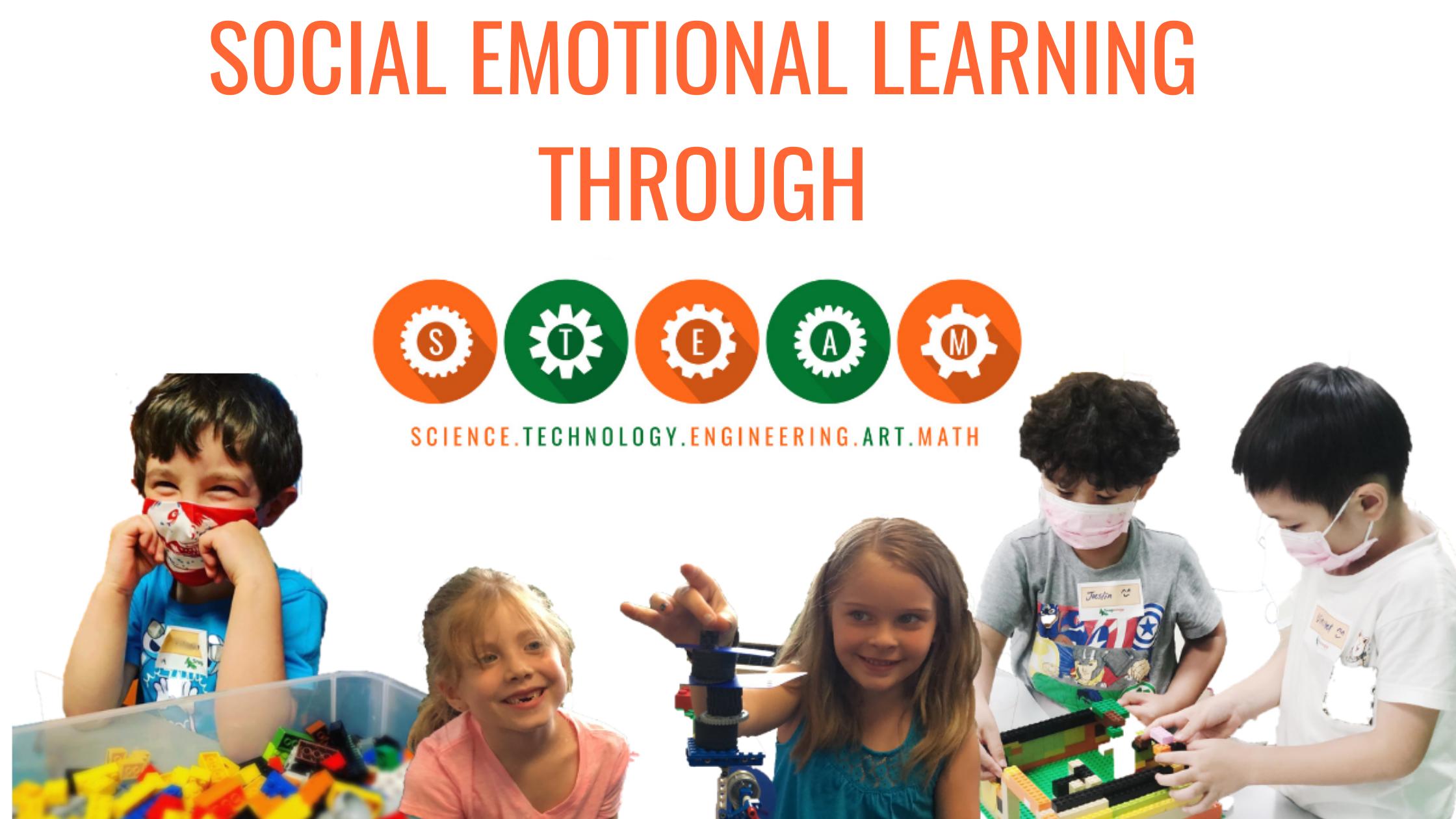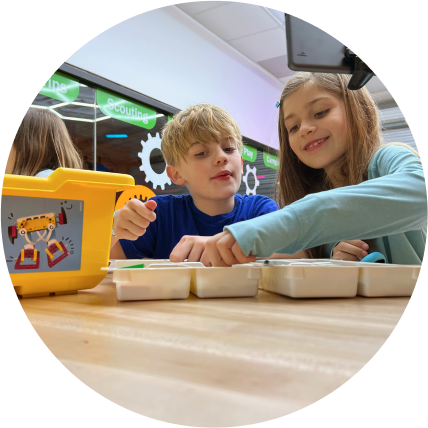While academic ability and understanding remains the crown of primary education, studies have shown that social development is just as important, if not more, during these crucial years. Over time, we’ve learned that socially and emotionally developed children tend to demonstrate important life skills that they carry with them and continue to build upon through adolescence and beyond. These Social Emotional Learning (SEL) skills set the foundation of the whole child. SEL skills include emotional literacy, problem-solving, and communication, among others. Pairing these socio-emotional lessons with academics helps create a well-rounded, dynamic educational environment for children to expand, explore, and become confident in.
Children’s social and emotional health feeds directly into their overall development and learning. Research indicates that socially healthy children tend to work better in group settings, have a more positive attitude about school, and perform better academically. So how do we cultivate essential social development in our youngest learners?
Thankfully, many areas of S.T.E.A.M. education lend themselves to SEL teaching methods. S.T.E.A.M. education inherently encourages socio-emotional development by:
- Providing social interactions among children
- Recognizing and understanding behaviors
- Encouraging problem solving, critical thinking, and trial-by-error
- Highlighting the importance of teamwork, sharing and collaboration
- Establishing healthy relationships with peers, adults, and educators
Addressing the SEL needs of students is more important than ever in the wake of COVID-19 and should remain at the forefront as we navigate the pandemic’s recovery phase. So many children have experienced drastic daily changes in the past year. Their classrooms, support systems, relationships and social opportunities have been radically upended. Teachers and parents have done their best to navigate new education parameters through remote instruction and modified curriculum, but SEL skills have taken a backseat over the past year. While educators have had to adapt their entire curriculums to remote instruction, parents have become their children’s main platform for social interaction and imaginative play. Children’s crucial socio-emotional development rides on – you guessed it – direct interaction between students and their peers.
At Snapology, SEL skills remain at the forefront of all programs. Snapology has nailed the peer group social model with live, interactive virtual classes based on themes and concepts students actually love like Minecraft, Star Wars, Escape Rooms, Building Challenges and more. Using popular household toys like LEGO bricks, these classes are accessible to children of all age groups and education levels. Each student has a chance to create, share, and explain their builds and projects to their peers. Snapology provides the safe, inclusive social platform students need as their traditional methods of guided instruction and emotional expression have been put on hold.
Snapology’s virtual programs check all of the boxes for children’s learning and development:

€
“When a child participates in our classes they are asked to create a build based on the idea or thought prompted by the instructor. This allows the child to take an abstract thought and make something very concrete that the students and instructor can see. Through the build the student is asked to talk with the other students about their build adding thoughts and emotions to the build. This brings the kids ideas to life and allows them to share their thoughts with their peers.” Kelly Carpenter, Snapology’s Director of Operations.
Through engaging hands-on programs in-person or online, Snapology students are encouraged to express themselves and their creativity and establish positive relationships. Exploratory, project-based learning gives children confidence in their unique creative process as well as the tools needed to express themselves, take calculated risks, learn to view failures as lessons, communicate effectively with peers and adults, and give feedback to others in a meaningful and encouraging way.
Let’s all continue doing our best to provide our children and students with the opportunities and tools they need to become the best they can be. Whether at home or in school, social development must remain the focus for our most vulnerable generation.


